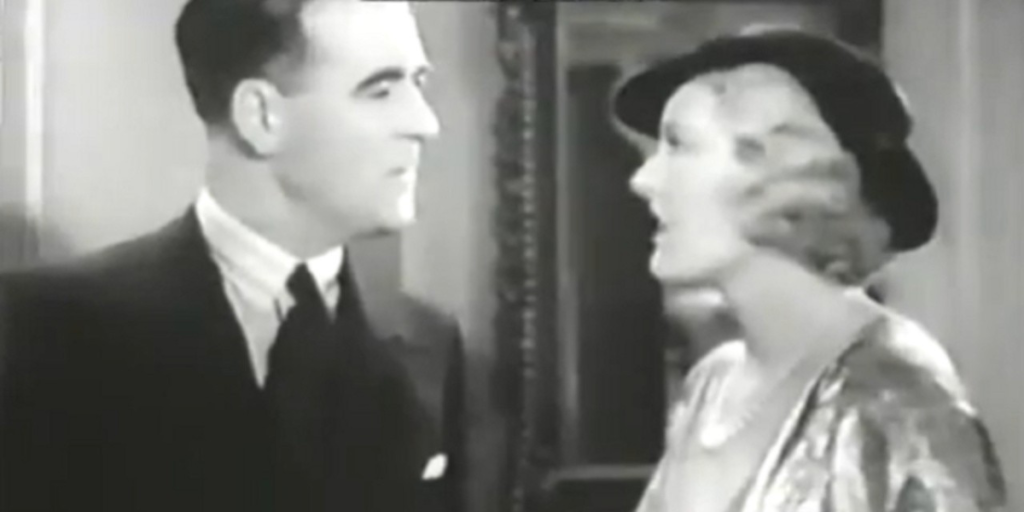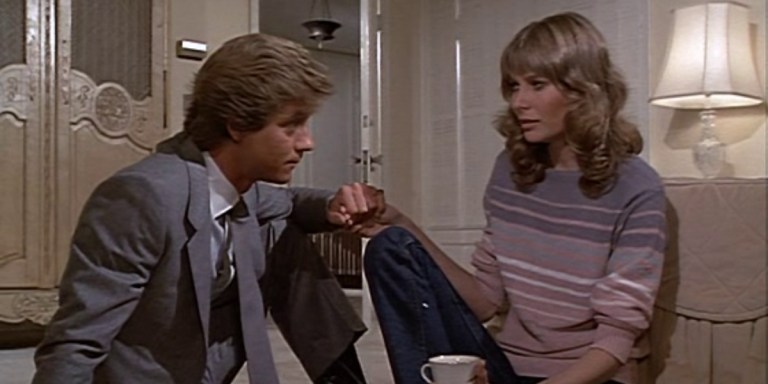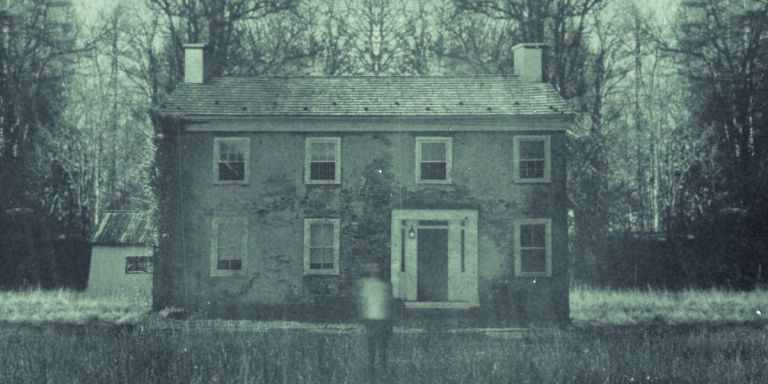Agatha Christie’s Hercule Poirot First Came to the Screen Nearly 100 Years Ago in ‘Lord Edgware Dies’

Agatha Christie’s works have been adapted into dozens of movies and TV shows, but none with the quickness of the earliest films featuring her most famous detective, Hercule Poirot. Since the first two Poirot movies, 1931’s Alibi and Black Coffee, are now lost, the earliest surviving onscreen depiction of Poirot is 1934’s Lord Edgware Dies. The final movie starring Austin Trevor as Poirot, it was released less than a year after the novel it’s based on, with the book still fresh in readers’ minds.
Being the first isn’t the same as being the best, though, and Trevor wouldn’t top anyone’s list of the greatest portrayers of Poirot. For starters, Trevor lacks Poirot’s signature mustache, which is like making a movie about Batman without his cape and cowl, or Indiana Jones without his fedora. Strangely, both of Poirot’s longtime crime-solving associates, Captain Hastings (Richard Cooper) and Inspector Japp (John Turnbull), have mustaches in Lord Edgware Dies, although they are not nearly as elaborate as the facial hair sported by later versions of Poirot.
Supposedly, Trevor claimed that he was cast as Poirot mainly because he could pull off the accent, and he does successfully capture Poirot’s haughty Belgian bearing. Poirot is even introduced as a guest of the Belgian king, who is attending a performance by the renowned singer and impressionist Carlotta Adams. Lady Edgware (Jane Carr), an American actress married to an English nobleman, is also in attendance, and she approaches Poirot to hire him not to solve a mystery, but to convince her stuffy husband Lord Edgware (C.V. France) to grant her a divorce.
The title gives away what happens next: Lord Edgware is found murdered the day after he meets with Poirot, with Lady Edgware as the prime suspect. Of course, the truth is not nearly so straightforward, and Poirot takes it upon himself to get to the bottom of things, with Hastings at his side and Japp always one step behind. Trevor’s Poirot is mostly businesslike and efficient, compared to the more playful or mischievous takes favored by later actors. He doesn’t even correct Lady Edgware when she presumes that he’s French rather than Belgian, although he does occasionally express his frustration with the bumbling Hastings.
Cooper’s goofy, almost slapstick take on Hastings is one of the movie’s major missteps, and it’s not funny to watch him endlessly repeat things other people have said, or walk into a doorframe, or constantly get his umbrella stuck on things. Trevor may not be particularly distinctive as Poirot, but he gives the character the proper sense of intelligence and determination, and director Henry Edwards keeps the relatively brief film moving at a lively pace. There’s always a new development in the case to uncover, and a new suspect to interview.
The highlight in the cast is Carr as the vain, glamorous Lady Edgware, who’s hoping to divorce one rich old man so that she can marry a different, even richer and older man, with a more impressive title. She dresses in fairly risqué outfits for 1934, and she pays more attention to trying on various hats than to answering questions while being interrogated. The overall production is stagey and sometimes stilted, which isn’t uncommon for the early sound era, but Carr brings a sense of lightness and liveliness to the occasionally stodgy proceedings.
That’s in contrast to Sophie Stewart as Lord Edgware’s daughter Geraldine, flitting about the sets with exaggerated movements in the kind of broad performance that seems more suited to the theater. The rest of the cast fall somewhere in between, and the series of men in tuxes and hats eventually seem a bit interchangeable. All of that makes Lord Edgware Dies more of a fascinating curiosity for Poirot and Christie fans than essential viewing, but it’s still an important milestone in the ever-expanding world of Christie’s stories onscreen.
By clicking 'Sign Up,' I acknowledge that I have read and agree to Hachette Book Group’s Privacy Policy and Terms of Use
What to Read Next
Josh Bell is a freelance writer and movie/TV critic based in Las Vegas. He’s the former film editor of Las Vegas Weekly and the former TV comedies guide for About.com. He has written about movies, TV, and pop culture for Vulture, IndieWire, CBR, Inverse, Crooked Marquee, and more. With comedian Jason Harris, he co-hosts the podcast Awesome Movie Year.


